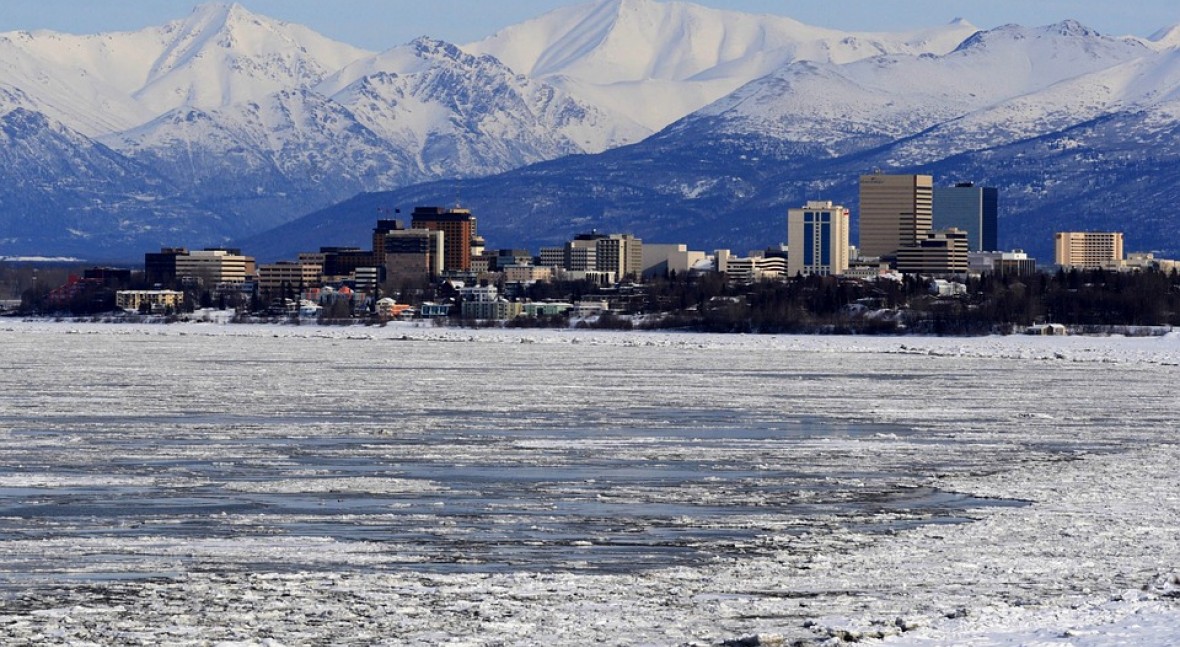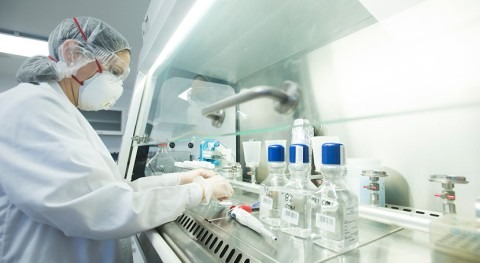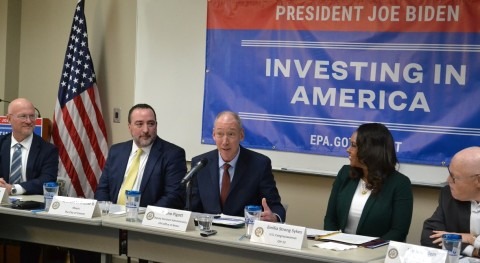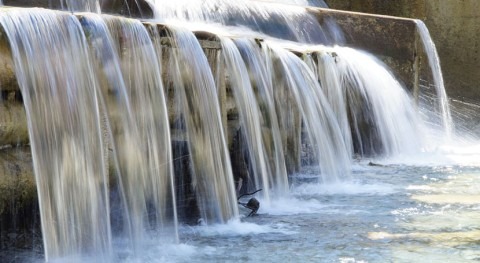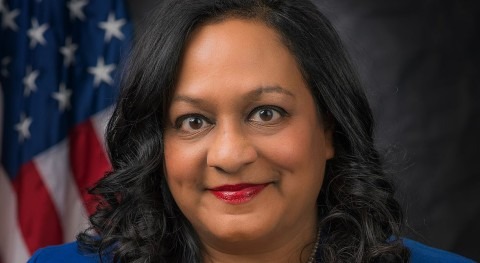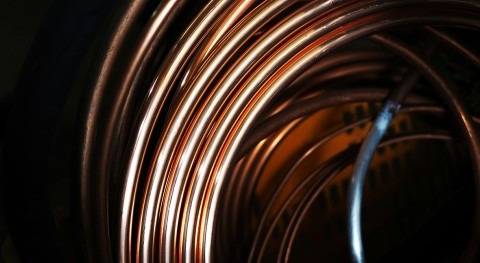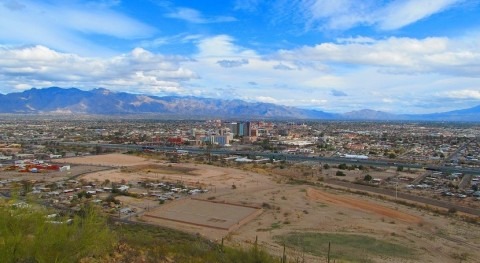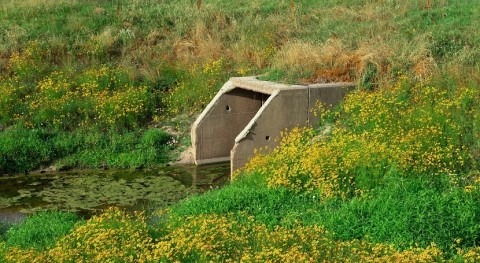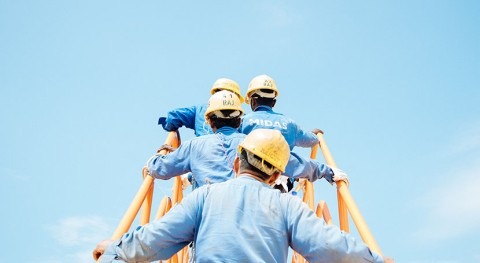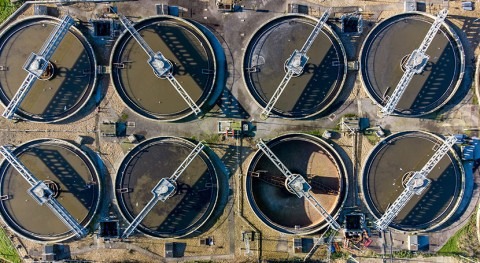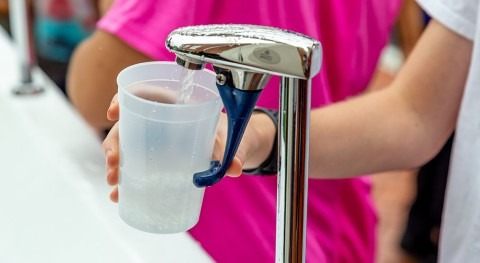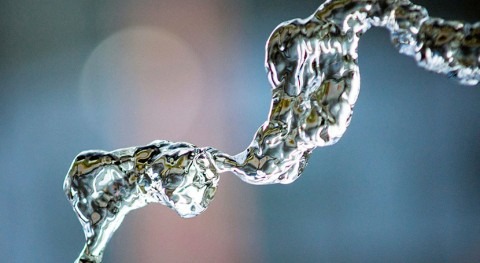The U.S. Environmental Protection Agency announced today that it is awarding over $20 million to Alaska’s clean water and drinking water revolving funds to help finance improvements to water projects that are essential to protecting public health and the environment. The funds will be used to finance water quality protection and drinking water projects that will last far into the future.
Chris Hladick, Regional Administrator for EPA Region 10 said, “While some parts of Alaska have some of the best drinking water and water quality in the country, many communities still suffer from chronic water infrastructure problems that need to be upgraded and repaired. The increase in funds should help more communities meet critical needs.”
The $20,710,000 in funding will be used across Alaska for water quality projects to reduce water pollution, improve municipal drinking water and wastewater infrastructure, make projects more sustainable by increasing water and energy efficiency, and provide technical assistance to communities.
The Clean Water State Revolving Fund program, administrated by the Alaska Department of Environmental Conservation, was awarded $9,603,000 – a 21 percent increase over 2017 funding. The program provides low-interest loans for water quality protection projects to make improvements to wastewater treatment systems, control pollution from rain water runoff, and protect sensitive water bodies and estuaries.
Since 1987, Alaska has received more than $266 million in annual CWSRF capitalization grants. Combined with state match and repayments, the ADEC has provided more than $527 million in low-interest CWSRF loans for water quality and wastewater projects. Some of the projects that have received funding through the CWSRF include:
- A new outfall line in Valdez
- Sewer improvements in Nome
- Inflow and infiltration reduction in North Pole
- Wastewater treatment facility improvements in Anchorage
The Drinking Water State Revolving Fund program, also administered by ADEC, was allotted $11,107,000 - a 35 percent increase over 2017 funding. The program provides low-interest loans to finance improvements to drinking water systems, with a particular focus on providing funds to small and disadvantaged communities.
Since the program’s inception in 1997, the Alaska has received $228 million in annual DWSRF capitalization grants. Those funds, along with state match and repayments, have allowed Alaska to provide more than $351 million in DWSRF loans.
“We really appreciate having this new infusion of grant funding every year,” said ADEC Commissioner Larry Hartig. “These funds help pay for construction of important wastewater and drinking water infrastructure projects, and they support implementation of Alaska’s drinking water program.”
DWSRF projects in Alaska that have received funding from previous capitalization grants include
- An innovative heat exchanger project for the City of Anchorage drinking water treatment facility
- Surface water treatment improvements for the City of Cordova
- Water main replacement in the City of Ketchikan
In addition to providing grant funds through the SRFs and other programs, EPA technical experts and managers provide their expertise to local, state, and tribal grant recipients on strategy development, research, technical needs, and compliance and enforcement.
For a list of clean water and drinking water projects that could be funded this year, please click here:
http://dec.alaska.gov/water/technical-assistance-and-financing/state-rev...


